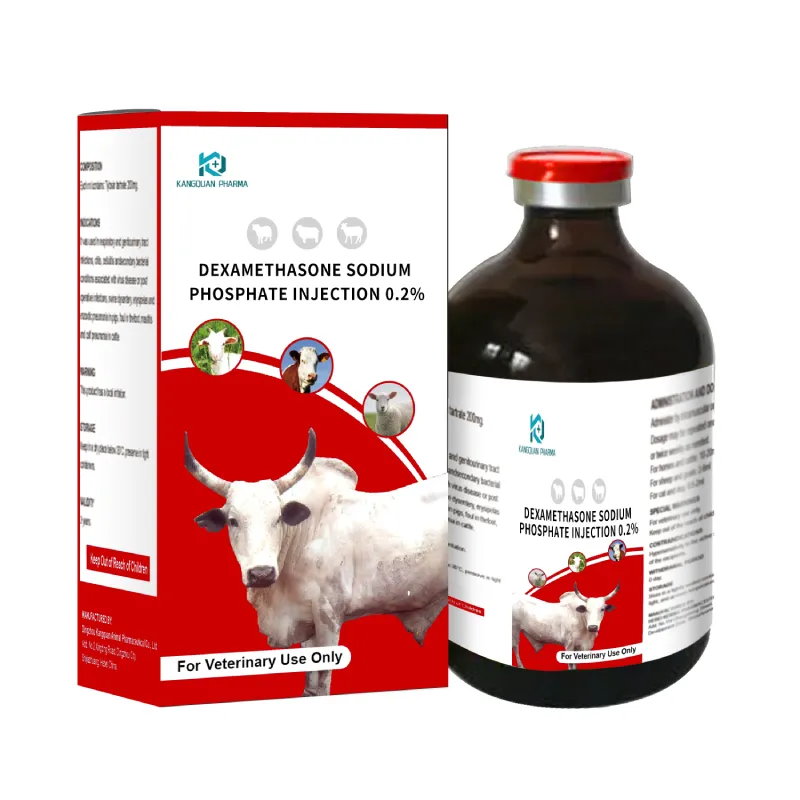- Afrikaans
- Albanian
- Amharic
- Arabic
- Armenian
- Azerbaijani
- Basque
- Belarusian
- Bengali
- Bosnian
- Bulgarian
- Catalan
- Cebuano
- Corsican
- Croatian
- Czech
- Danish
- Dutch
- English
- Esperanto
- Estonian
- Finnish
- French
- Frisian
- Galician
- Georgian
- German
- Greek
- Gujarati
- Haitian Creole
- hausa
- hawaiian
- Hebrew
- Hindi
- Miao
- Hungarian
- Icelandic
- igbo
- Indonesian
- irish
- Italian
- Japanese
- Javanese
- Kannada
- kazakh
- Khmer
- Rwandese
- Korean
- Kurdish
- Kyrgyz
- Lao
- Latin
- Latvian
- Lithuanian
- Luxembourgish
- Macedonian
- Malgashi
- Malay
- Malayalam
- Maltese
- Maori
- Marathi
- Mongolian
- Myanmar
- Nepali
- Norwegian
- Norwegian
- Occitan
- Pashto
- Persian
- Polish
- Portuguese
- Punjabi
- Romanian
- Russian
- Samoan
- Scottish Gaelic
- Serbian
- Sesotho
- Shona
- Sindhi
- Sinhala
- Slovak
- Slovenian
- Somali
- Spanish
- Sundanese
- Swahili
- Swedish
- Tagalog
- Tajik
- Tamil
- Tatar
- Telugu
- Thai
- Turkish
- Turkmen
- Ukrainian
- Urdu
- Uighur
- Uzbek
- Vietnamese
- Welsh
- Bantu
- Yiddish
- Yoruba
- Zulu
Δεκ . 13, 2024 16:32 Back to list
buparvaquone injection veterinary
Buparvaquone Injection in Veterinary Medicine
Buparvaquone is an important pharmaceutical compound used primarily in veterinary medicine, particularly for the treatment of certain parasitic infections in animals. This drug, which belongs to the class of compounds known as hydroxynaphthoquinones, has gained attention due to its efficacy against a range of protozoan parasites, particularly those that affect livestock and companion animals.
Mechanism of Action
Buparvaquone works by interfering with the electron transport chain of protozoan parasites. It specifically targets the mitochondrial respiration of the parasites, leading to a depletion of ATP (adenosine triphosphate), which is essential for their survival and multiplication. By disrupting cellular respiration, buparvaquone effectively inhibits the growth and reproduction of parasites, leading to their eventual eradication from the host.
Indications for Use
Buparvaquone is primarily indicated for the treatment of Theileriosis, a disease caused by the protozoan parasite *Theileria*, which affects cattle. This disease is transmitted by ticks and can lead to severe illness and substantial economic losses in the livestock industry. In addition to *Theileria*, buparvaquone has shown efficacy against other protozoan parasites such as *Babesia* and *Eimeria*, which infest cattle and other domesticated animals.
Administration and Dosage
The drug is available in an injectable form, allowing for direct administration into the bloodstream of the animal, which ensures rapid absorption and onset of action. The specific dosing regimen is typically determined based on the animal's weight, species, and the severity of the parasitic infection. Veterinary professionals should always adhere to the recommended dosage guidelines provided by the manufacturer and account for any potential co-administration with other medications.
buparvaquone injection veterinary

Safety and Efficacy
Research has demonstrated that buparvaquone is generally well tolerated in animals when administered at the recommended doses. However, as with all medications, there may be potential side effects, including localized reactions at the injection site or transient changes in behavior. Veterinary practitioners should monitor treated animals for any adverse reactions and provide appropriate management as necessary.
Resistance and Future Directions
One of the challenges facing the use of buparvaquone is the potential development of resistance in protozoan populations, similar to those observed in other antiparasitic drugs. Continuous monitoring of treatment efficacy and outcomes is crucial. Future research is directed toward understanding the mechanisms behind resistance and developing strategies to mitigate it, such as combining buparvaquone with other antiparasitic drugs or exploring novel chemical derivatives that can bypass existing resistance mechanisms.
Conclusion
Buparvaquone injection stands as a key tool in veterinary medicine for combating protozoan parasitic infections in various animal species, especially in cattle. Its specific action targeting mitochondrial function sets it apart from other antiparasitic treatments. The effectiveness and relatively safe profile of buparvaquone contribute to its popularity among veterinarians dealing with challenging parasitic cases. Nonetheless, responsible usage and ongoing research into resistance will be essential to maintain its efficacy and safeguard the health of animals while also addressing the economic implications of parasitic infections in the livestock industry.
As veterinary medicine continues to evolve, the development and refinement of treatments like buparvaquone will play a crucial role in the ongoing battle against parasitic diseases, ensuring the welfare of our animals and the livelihoods of those who depend on them.
-
Guide to Oxytetracycline Injection
NewsMar.27,2025
-
Guide to Colistin Sulphate
NewsMar.27,2025
-
Gentamicin Sulfate: Uses, Price, And Key Information
NewsMar.27,2025
-
Enrofloxacin Injection: Uses, Price, And Supplier Information
NewsMar.27,2025
-
Dexamethasone Sodium Phosphate Injection: Uses, Price, And Key Information
NewsMar.27,2025
-
Albendazole Tablet: Uses, Dosage, Cost, And Key Information
NewsMar.27,2025













